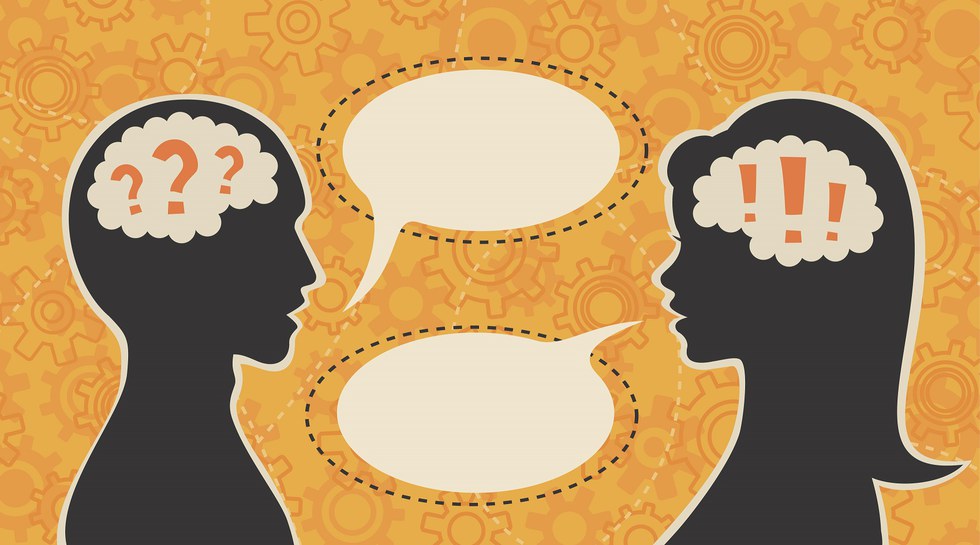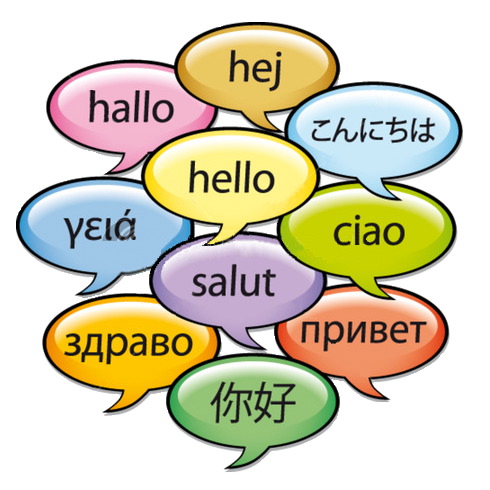The native language, also known as a first language or mother tongue, is the language that a person learns from birth or early childhood and is the most comfortable and proficient in using. Native languages play a crucial role in a person's identity and culture, and they have numerous benefits for both individuals and society as a whole.
First and foremost, native languages are an important aspect of a person's identity and cultural heritage. They reflect the history, traditions, and values of the culture that speaks them, and they can provide a sense of belonging and connection to one's ancestors and community. For many people, their native language is an integral part of their cultural identity and can be a source of pride and self-esteem.
In addition to their cultural and personal significance, native languages also have numerous cognitive and educational benefits. Research has shown that children who are fluent in their native language tend to perform better academically and have stronger critical thinking skills compared to those who are not. This is because the brain is more adept at processing and understanding information in a language that it is already familiar with.
For example, children who are fluent in their native language are better able to learn and understand new concepts in their second language, which can facilitate their learning of additional languages in the future. This is especially important in today's globalized world, where being multilingual is becoming increasingly important for personal and professional development.
Native languages also have economic and social benefits for society as a whole. For instance, the use and promotion of native languages can help to preserve cultural diversity and prevent linguistic assimilation, which can lead to the loss of important cultural traditions and knowledge. In addition, the ability to speak a native language can also be an advantage in the job market, as it can open up opportunities for employment in fields such as translation, interpretation, and language education.
In conclusion, native languages are an integral part of a person's identity and cultural heritage, and they have numerous cognitive, educational, economic, and social benefits. It is important to recognize and value the importance of native languages and to promote their use and preservation in our increasingly globalized world.







.jpg?format=1000w)

